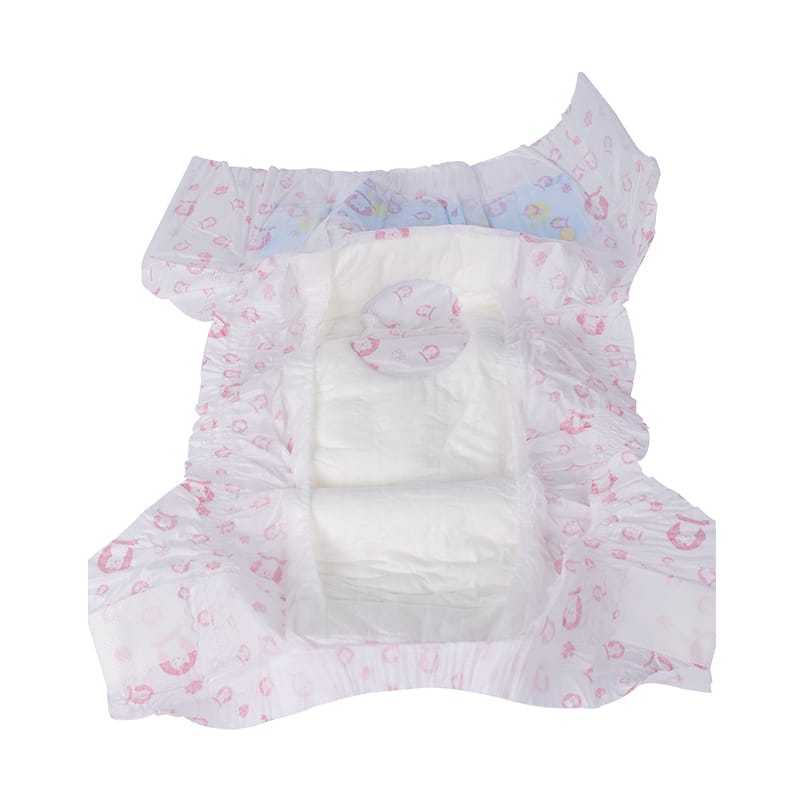Kettering Health is a faith-based health system of medical centers, emergency centers, and outpatient facilities. Our mission is to empower you to be your best.
Want to learn more about this at Kettering Health? Disposable Bed Sheets For Incontinence

While most physical changes a mom faces happen while she’s pregnant, breastfeeding also comes with changes that might concern or embarrass a mom—even though they’re completely normal.
Michelle Gnagey, a lactation consultant, explains that while these changes can be uncomfortable, they’re common and without much cause for concern.
According to Michelle, who is an International Board-certified Lactation Consultant (IBCLC), leaking is normal.
“It can happen for a number of different reasons,” she says.
You might notice leaking when hearing a baby cry or even when thinking about your baby. This is due to the “milk ejection,” or “let-down” reflex, in which oxytocin (sometimes called the “love” hormone) causes breast milk to flow. You may also experience leaking if you overproduce breast milk.
Michelle recommends fabric breast pads to prevent milk from leaking through your clothing. She warns against breast pads with plastic lining, which can lead to nipple tissue breakdown.
Breast soreness, Michelle assures, is typical and usually goes away within a week.
“If you’ve never breastfed before, it’s a completely different sensation,” she says. “There can be some soreness, but there shouldn’t be any pain.”
Pain while breastfeeding is likely due to a latching or positioning problem, which a lactation consultant can help with.
Michelle explains that engorgement, an inflammatory response where breast tissue around milk glands swells, is a common cause of soreness in the early days of breastfeeding.
“Your breasts aren’t used to having milk in them.”
While breastfeeding, your nipples may become dry or cracked. They may even bleed.
“Most moms will try to push through that,” says Michelle. “But it’s not something you have to go through.”
Instead of creams or lotions, which can cause further irritation, Michelle suggests using a few drops of breast milk to soothe the skin. Allowing your nipples to air-dry before dressing prevents clothing from sticking and chafing.
However, Michelle notes that bleeding and irritated nipples indicate an issue that a lactation consultant can correct.
A tender knot in your breast with skin that’s red and warm likely means you have a plugged milk duct.
Though uncomfortable, plugged ducts are harmless. However, they can lead to an infection of your breast tissue, called mastitis, if left uncleared for longer than a few days.
Breastfeeding with a plugged duct or mastitis is safe, and it’s actually encouraged that you continue breastfeeding if this happens to prevent further complications. Massaging the area during feeding can clear the blockage.
When seeing a lactation consultant for the first time, you may worry that your breasts don’t look “normal.” Michelle explains that breasts come in all shapes and sizes, and your lactation consultant has likely seen it all—so there’s no need to feel uncomfortable.
And if you feel embarrassed asking certain questions or opening up about concerns, Michelle assures you not to hold back.
“When it comes to breastfeeding, there’s really not a question that would embarrass a lactation consultant,” she says.
At the end of the day, your lactation consultant is there to help you and your baby. No matter what.
The month's most popular health news, stories, and tips in your inbox.
Kettering Health is committed to transforming the healthcare experience for every person in our community.
Copyright © 2023 Kettering Health. All Rights Reserved.
Internet Explorer is no longer supported by Microsoft and this website will not display correctly when using Internet Explorer.
Please ensure that you are using a supported browser by downloading from one of the links below.

Dog Car Back Seat Cover Google Chrome | Apple Safari | Firefox | Microsoft Edge